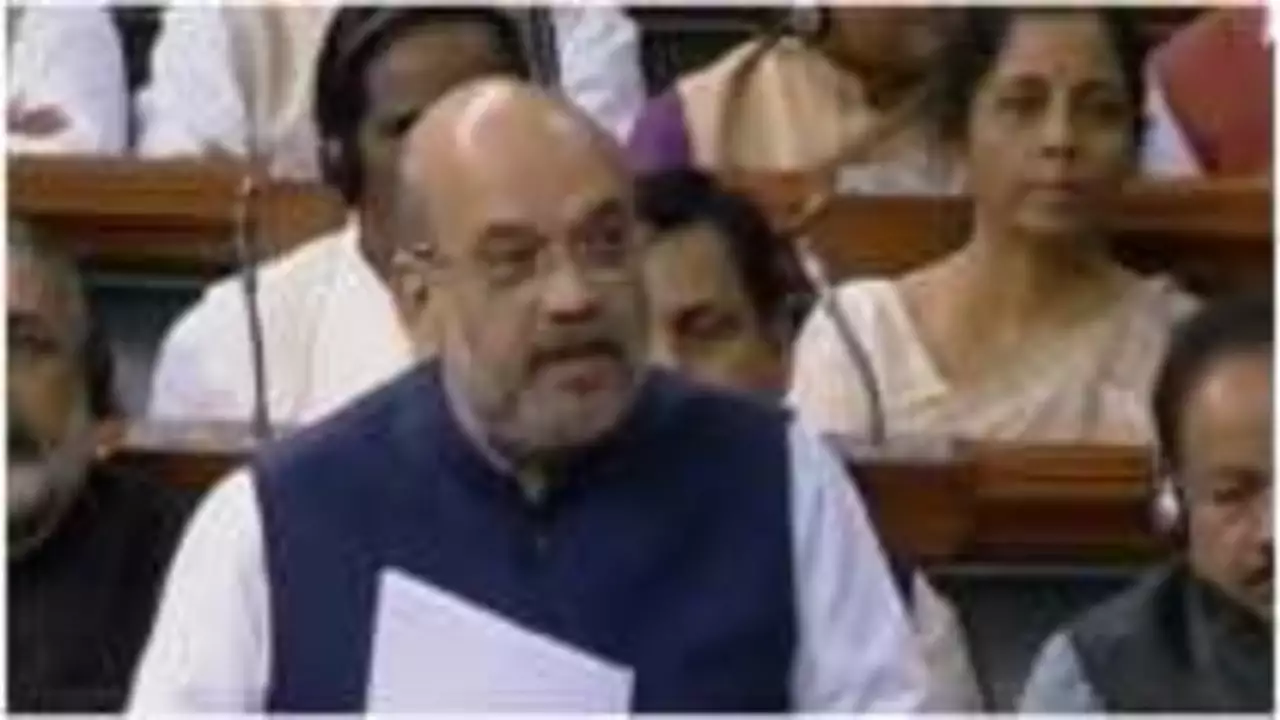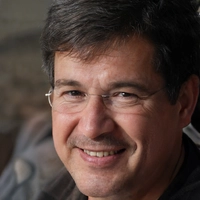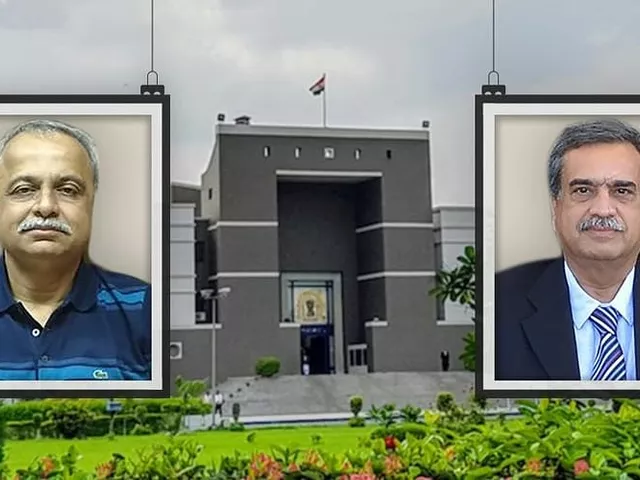
The Intricate Dynamics of India's Security Agencies
Allow me, dear readers, to paint you a picture. Picture a massive orchestra, a thick tapestry of individual musicians and their unique instruments, blending their unique sound into a harmonious symphony. Now, dear readers, imagine if this orchestra lacked a conductor. The resulting sound could become chaotic and discordant, no longer in harmony. Isn't it the same with our security agencies? Each having its unique role, their operations can easily spiral into confusion and disarray without effective coordination. This analogy brings us neatly to a statement made by Amit Shah, India's Minister of Home Affairs, asserting that the Indian Police and central agencies must coordinate better. A chorus of agreement, dissent, criticism, and support has followed in the wake of this statement.
From A Symphonic Analogy To A Real-life Security Conundrum
Indeed, Amit Shah has struck a chord. His insistence on better coordination amongst the police and central agencies isn't without merit. Imagine this, an issue arises that both the local police and a central agency are investigating. If they conduct their inquiry in isolation, both could potentially waste resources, following redundant paths and missing out on essential pieces of the puzzle that the other might hold. On the contrary, if they could work together, pooling their resources and sharing intelligence, the likelihood of solving the issue quickly and efficiently becomes significantly higher. Now, doesn't that make sense? It's like working on a jigsaw puzzle together instead of struggling over separate sections alone.
Years back, I watched a dreadful crime thriller. Why was it dreadful? Not for its plot, characters, or intense scenes, but because of a glaring lack of coordination between the local police and the federal agencies shown in the movie. It was frustrating to watch the plot agonizingly unfold as both parties kept important information to themselves, mistrusted each other, and nearly botched up the case. Granted, this was just a movie, but it still left an unsettling feeling that maybe, just maybe, some real-world cases might pan out similarly because of poor coordination. Who knows, right?
The Roadblocks And The U-Turns
Amit Shah’s suggested that if our security agencies can just sync up and keep each other in the loop, it’ll be a win-win for everyone involved. It's like the security agencies are on a road trip and they need to use their GPS (Global Policing Synergy) effectively. However, like the orchestra example provided at the start, getting everybody on the same page, or even the same chapter, can be a significant challenge. Think about it. Different organizations with different jurisdictions, resources, methodologies, and mentalities trying to work together. It’s like trying to make a cat and a dog perform a ballet together.
Moreover, differences in protocol, chain of command, and legal boundaries can often prevent meaningful and timely exchange of intel. Imagine an interesting round of Chinese whispers, where crucial information gets lost or distorted in the transition from one agency to another. It's like passing a bouncy ball, where it can unpredictably bounce off anywhere! It seems like the system needs a well-constructed bridge, not just a rickety rope ladder to enable effective inter-agency communication.
The Ultimate Symphony: Shot At A Harmonious Performance
While the road to effective coordination might be long and winding, it isn't unachievable. Like mastering an instrument, it demands practice, patience, and effort. And let's be honest; who doesn't love a well-played symphony? If our security agencies can find a way to synchronize their capabilities, the benefits could be enormous. A united front could be a more formidable adversary for those who intend to disrupt peace and order. Remember the movie scenario I mentioned before? Imagine how differently the plot could proceed if the agencies had worked in harmony, using their resources like a well-oiled machine.
Is the path complicated? Absolutely. Is it worth it? Completely. And at the end of the day, wouldn't we all just love to sit back and enjoy the beautiful orchestra that our security agencies can become, with all parts playing in perfect harmony? In the ever-evolving landscape of law enforcement and security agencies, Amit Shah's insistence on improved coordination represents the "maestro's baton" urging the orchestra towards a pitch-perfect performance. Now, isn't that something to look forward to?



Write a comment